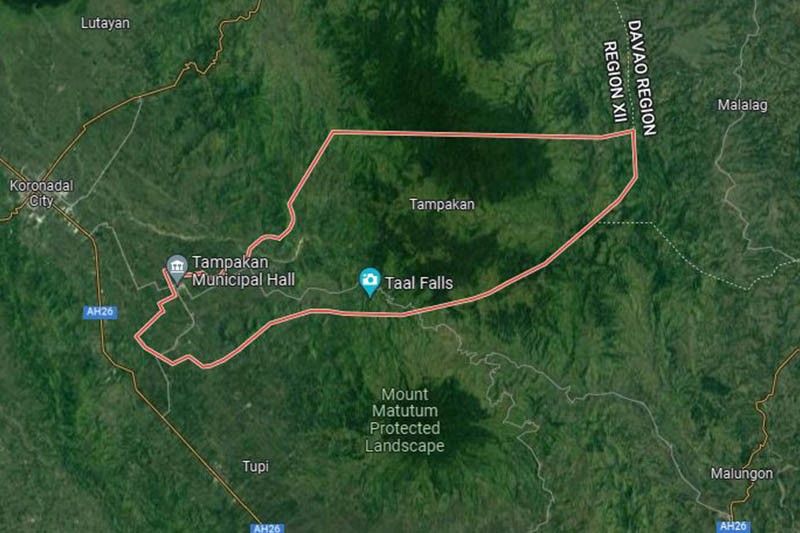End to open-pit ban triggers showdown over Tampakan

The return of open-pit mining is expected to cause “grave environmental destruction,” a think tank said, though analysts believe it will result in more investment that will boost the economy.
The Center for Energy, Ecology, and Development (CEED) said in a statement that resuming open-pit mining projects will ruin forest cover in mining areas, damage natural watersheds, and expose residents to pollution.
“It will cost the local government greatly in the long run when it comes to addressing the health and livelihood impacts the projects will bring to their constituents,” it added.
On Monday, the South Cotabato provincial government reversed its 12-year-old ban on open-pit mining, paving the way for the continuation of the contested Tampakan copper-gold project.
Sagittarius Mines, Inc. (SMI) is the developer of Tampakan, being in possession of a Financial and Technical Assistance Agreement.
According to SMI, the mine is one of the “largest undeveloped copper-gold deposits in the world.”
In 2021, the government lifted the four-year ban on open-pit mining as well as the nine-year moratorium on granting mining permits.
“Tampakan has been the subject of opposition from locals and other concerned groups for over a decade for good reason. It makes no sense that the (provincial council) now brings all that to nought at a time when climate change impacts are also intensifying. Open-pit mining and large-scale extractive industries in general exacerbate climate vulnerabilities of host communities, and we have long seen proof that Mindanao is not exempt from catastrophic disas-ters,” CEED added.
Environmental group Alyansa Tigil Mina said the South Cotabato process for lifting the ban was flawed.
“The Sangguniang Panlalawigan (SP) members railroaded the process of amending the Environmental Code of the province as they hastily approved in regular session a motion to adopt proposed amendments, without any dis-cussion or vote,” the group said in a statement.
“It is worth noting that the proposed amendments carried changes that were not originally part of the proposal presented to the public. These additional amendments were also fast-tracked (with) no benefit of any discussion whatsoever,” it added.
Advocates of Science and Technology for the People (AGHAM), a nongovernmental organization, added that the amendment of the environmental code was hasty and timed to coincide with the national elections.
“The lifting… took place immediately after the national and local elections. It was contrived such a manner obviously to prevent public reproach, outrage and condemnation,” the group said.
AGHAM said that if the Tampakan project goes head, thousands of residents could be displaced, five major rivers or tributaries face contamination, and at least 33,000 hectares planted to rice in the Koronadal Valley will be af-fected.
An economist said that the return of open-pit mining in the region will attract more investment and generate more jobs and other business opportunities for the area.
“For as long as global best practices are observed in the mining activities, as well as effectively managing the impact on the environment, to make economic gains sustainable over the long-term and for the coming generations,” RCBC Head Economist Michael L. Ricafort said in a text message.
The Chamber of Mines of the Philippines (COMP) also expressed its support for the recent decision, noting that open-pit mining could be performed safely and sustainably.
“Open-pit mines can be operated safely, according to globally accepted standards, and can be rehabilitated properly in a manner that provides alternative and productive land use after the life of mine,” COMP said in an e-mail.
The chamber said that the reopening of the Tampakan mine would achieve a “vibrant, multi-faceted local and regional economy that provides sustainable employment, business opportunities, and access to education, health, and other social development programs that will improve and enhance the quality of life of those living in these projects’ host communities, including their children.”
“The Tampakan project will be an essential post-pandemic economic recovery tool whose actual and potential benefits far outweigh the potential negative impacts. We believe no other sector is likely to provide a more respon-sible and sustainable alternative,” it added. — Luisa Maria Jacinta C. Jocson



